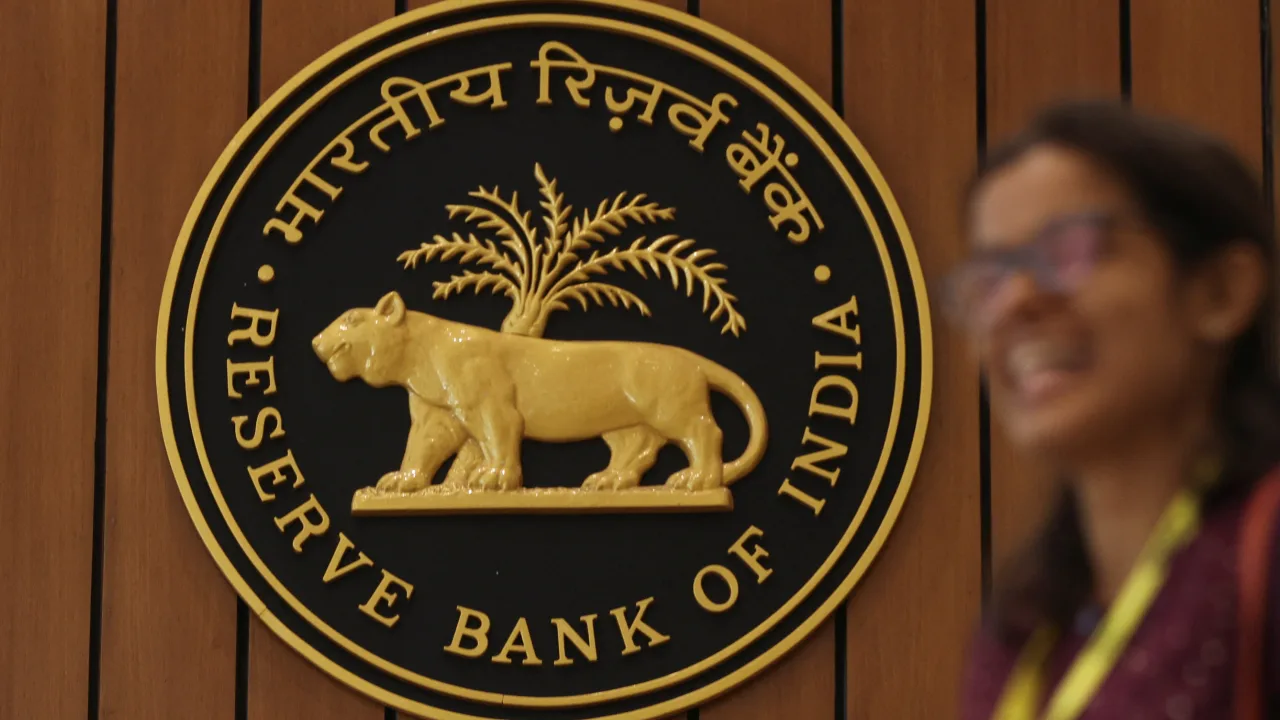June 2, 2025 — Finance Desk: In today’s challenging economic climate, loans have become a vital part of everyday life—whether for buying a home, funding education, or launching a business. However, unforeseen circumstances such as job loss, business downturns, or medical emergencies can often make it difficult for borrowers to keep up with their EMI payments. This leads to not only financial stress but also harassment from banks and recovery agents.
To address these growing concerns, the Reserve Bank of India (RBI) has introduced a fresh set of guidelines aimed at safeguarding the rights of loan borrowers. These rules are designed to ensure fair practices by financial institutions and to protect borrowers from unethical recovery tactics.
Why These Guidelines Matter
The RBI’s updated regulations prohibit banks and recovery agents from using aggressive or inappropriate methods to collect dues. Previously, borrowers reported instances of late-night calls, verbal abuse, and even threats. Under the new rules, such behavior is strictly banned.
These measures not only uphold the dignity of borrowers but also promote transparency in the banking system. The initiative is expected to foster greater trust between financial institutions and their customers.
Legal Rights of Borrowers
The guidelines empower borrowers with several key rights. If any bank or recovery agent engages in misconduct, borrowers are entitled to:
- File a police complaint
- Demand penalties from the concerned bank
- Seek protection from mental or physical harassment
Importantly, borrowers must remember that financial hardship is not a crime. They deserve to be treated respectfully, and any form of intimidation can be challenged through legal channels.
Complaint Procedure and Required Evidence
As per the new rules, borrowers can file complaints with:
- The bank’s grievance redressal cell
- The RBI’s Customer Service Department
- Local police in serious cases
When filing a complaint, borrowers should collect and submit supporting evidence such as:
- Call recordings
- Screenshots of threatening messages
- Statements from witnesses
Banks are now held accountable for the behavior of their recovery agents and must ensure compliance with these regulations.
Strict Time Limits for Recovery Calls
RBI has also specified permissible time windows for contacting borrowers:
- Between 7:00 AM and 7:00 PM only
Contact outside of these hours, including on holidays or late at night, is a violation of the rules. Borrowers experiencing such behavior are advised to report it immediately. These time limits help protect an individual’s privacy and household peace.
What Happens When EMIs Bounce
If a borrower defaults on three consecutive EMIs, banks are required to send a formal notice, offering a 90-day window to rectify the situation. Continued non-payment leads to a second notice, which may include a warning about property auction.
During this period, borrowers are encouraged to communicate with the bank and explore mutually acceptable resolutions. Harassment or forced recovery during this time is strictly prohibited.
Limits on Recovery Agent Conduct
RBI has explicitly instructed recovery agents to refrain from:
- Using abusive or threatening language
- Harassing family members or friends
- Forcing entry into a borrower’s home
- Engaging in any form of physical intimidation
Violations of these standards should be reported immediately. Banks are responsible for ensuring that their agents behave ethically, and they face penalties for non-compliance.
Auction Process and Legal Safeguards
In cases of continued loan default, banks may initiate legal proceedings to recover dues through asset auctions. However, this process must:
- Follow legal procedures under judicial oversight
- Be transparent and fair
- Allow the borrower a chance to be heard in court
Importantly, if the auction amount exceeds the outstanding loan, the excess must be returned to the borrower. Banks cannot arbitrarily seize property without due process.
Conclusion
The RBI’s new borrower protection guidelines are a significant step toward creating a fairer and more humane financial ecosystem. By establishing clear boundaries for debt collection and emphasizing borrower rights, these measures aim to reduce harassment and build a healthier relationship between lenders and borrowers.
Borrowers are encouraged to stay informed, assert their rights, and seek legal assistance when necessary.
Disclaimer:
This article is intended for informational purposes only. For personalized legal or financial advice, please consult a certified professional. RBI regulations are subject to change; always refer to official sources for the latest updates.

